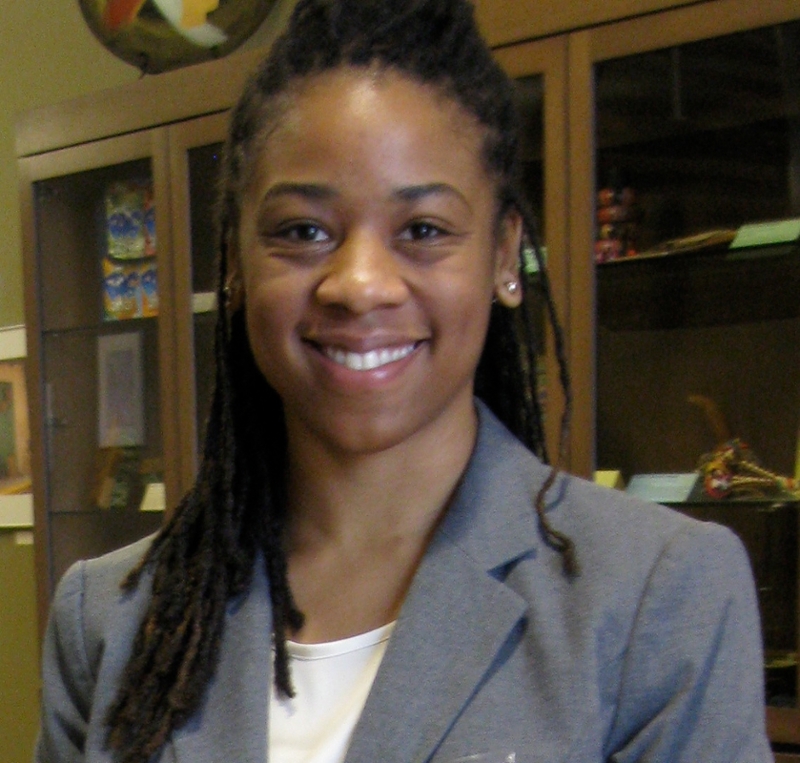
Download Image: Web
Lycoming College is pleased to welcome Crystal Eddins, Ph.D., assistant professor of Africana studies at the University of North Carolina at Charlotte, as the keynote speaker for the College’s Race Equity? Symposium. The discussion, titled “Racial Capitalism and Reproductive Justice,” will take place Monday, March 7, at 7 p.m., in the Mary L. Welch Theatre.
The Race Equity? Symposium, directed by Victoria Gonzalez, Ph.D., visiting assistant professor of sociology at Lycoming College, aims to not only bring awareness and education to the Lycoming campus but to call into question the absence of racial equity, or equal opportunities for all races. “The question of how to achieve race equity is not one that is easily answered. With this year-long symposium, we hope to approach that question through many different lenses,” said Gonzalez. “Dr. Eddins’ presentation on reproductive justice will provide us with important insight to understand and navigate the current fight for the rights of women in general and women of historically underrepresented groups specifically.”
Eddins will center her talk around Black maternal health as well as other reproductive justice issues, including the recent Texas abortion law and its impacts on Black communities.
The speaker holds a dual major doctoral degree in African American & African studies and sociology from Michigan State University. She teaches courses on African diaspora theory, slavery, race, and colonialism, and social justice movements, and her research has appeared in journals such as the Journal of Haitian Studies as well as on online platforms like the AAIHS blog Black Perspectives.
Eddins’ work has been supported by the UNC-Duke Consortium in Latin American and Caribbean Studies, the University of Florida Center for Latin American Studies, Brown University’s Center for the Study of Slavery and Justice and John Carter Brown Library, and the National Science Foundation Sociology Program Doctoral Dissertation Research Improvement Award.
In her book, Rituals, Runaways, and the Haitian Revolution: Collective Action in the African Diaspora, (Cambridge University Press) Eddins examines the journey of enslaved Africans to colonial Haiti, and how they used their culture, religious heritages, social networks, and labor and militaristic skills to survive horrific conditions.